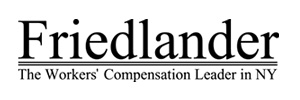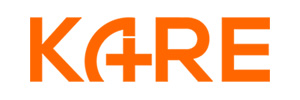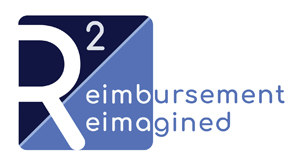2021/22 Executive Budget Summary
SKILLED NURSING FACILITIES
Global Cap
Extends the Medicaid global cap through state fiscal year 2022-23. Retains Medicaid spending within capped levels indexed to the ten-year rolling average of the medical CPI component.
Trend Factor
Continues the elimination of the annual Trend Factor for inpatient and outpatient services provided by general hospitals, SNFs, ALPs, ADHCs and HHC services through March 31, 2023.
Cash Receipts Assessment
Continues the residential health care facilities gross receipts assessment at the existing 6% through March 31, 2023.
Comprehensive Regulatory Telehealth Reform
Proposes expanding access to telehealth services across the state by amending the Public Health, Education, and Insurance laws. Individuals may receive telehealth services wherever they are located, subject to Federal approval. Health information would be exchanged via the Statewide Health Information Network (SHIN-NY) through the use of a single statewide consent. Creation of an interstate licensure program with contiguous states and states in the Northeast region would support telehealth for specialties with historical provider access issues.
Workforce Education Programs
Amends the Education Law to streamline the current approval process for new curriculum or education programs of study at an accredited college or university chartered in New York State in order to respond quickly to ever-changing needs of employers for workforce. Proposed programs that do not lead to professional licensure must meet all of the application criteria at an accredited college or university.
Eliminate e-Prescribe Exemptions:
Amends the Public Health Law and Education Law to eliminate prescriber exemptions to the mandatory electronic prescribing requirement except for emergency situations. This proposal would amend Public Health Law to eliminate exceptions for prescribing including those veterinarians and practitioners who have received exemptions from e-Prescribing. Remaining exceptions include temporary technological or electrical failure and emergency situations determined by the commissioner. The effective date would be November 1, 2021.
Paid Leave for COVID-19 Vaccination
This proposal would require public and private employers to provide up to four hours of paid leave, at the employee’s regular rate of pay, for up to two COVID-19 vaccinations for each employee. An employer that provides or arranges to provide a COVID-19 vaccination at the employee’s workplace would need only to provide sufficient time for an employee to obtain the vaccine. Employers would be prohibited from taking retaliatory actions against any employee who would utilize this leave but may request relevant documentation from an employee.
Capital Improvements Financing
Extends the authorization related to the financing of certain health care improvements through March 31, 2023.
ASSISTED LIVING
Federal Supplemental Security Income Cost of Living Adjustment
Amends the Social Services Law for an individual receiving Congregate Care Level 3 to an $11 per month increase (from $1,477 to $1,488). For eligible couples receiving Congregate Care Level 3 a $22 per month increase (from $2,954 to $2,976) was given. This also increased Personal Needs Allowance (PNA) for each individual in Congregate Care Level 3 by $3 per month (from $207 to $210), an increase of 1.4 percent.
Eliminate Requirement to Administer an Adult Home Advocacy Program within the Justice Center
Eliminates the requirement of the Justice Center for the Protection of People with Special Needs (Justice Center) to administer the Adult Home Advocacy and Adult Home Resident Council Programs.
EQUAL Funding & Enriched Housing Subsidy Program
Proposes to discontinue support for the Enhanced Quality of Adult Living (“EQUAL”) and the Enriched Housing Subsidy Program, effective April 1, 2021.
Authorization and Implementation of Medical Respite Pilot Program
Allows for the creation of a not-for-profit corporation to become an operator of a medical respite program to provide care to a vulnerable population, by offering medical respite programs as a lower intensity care setting for individuals who would otherwise require a hospital stay or lack a safe option for discharge and recovery. Medical respite programs will reduce hospital inpatient admissions by providing temporary room and board and the provision or arrangement of the provision of healthcare and support services.
NYSHFA|NYSCAL will continue to provide regular updates as the FY 2021-22 Budget negotiations progress.
NYSHFA/NYSCAL CONTACTS:
Stephen B. Hanse, Esq.
President & CEO
518-462-4800 x11




